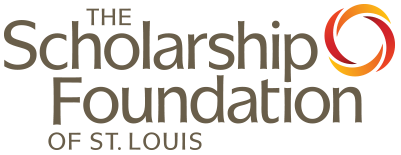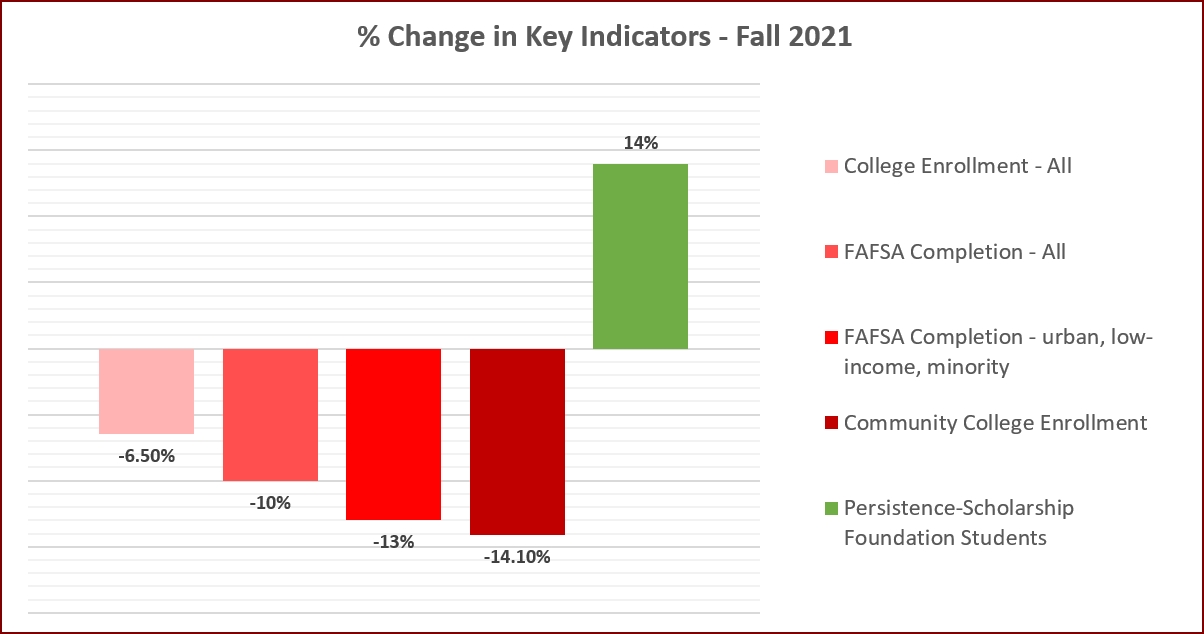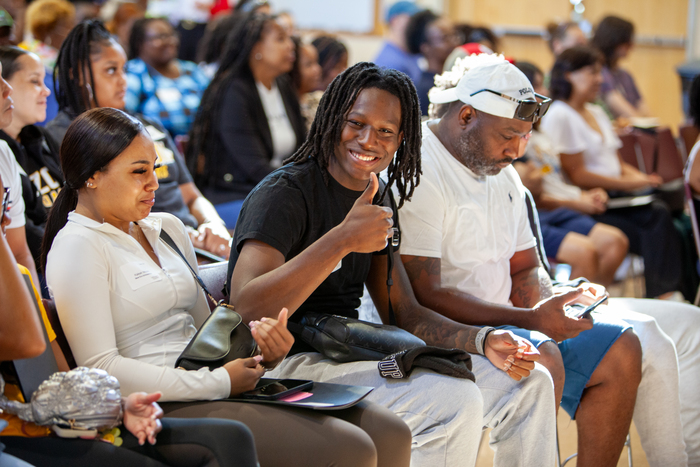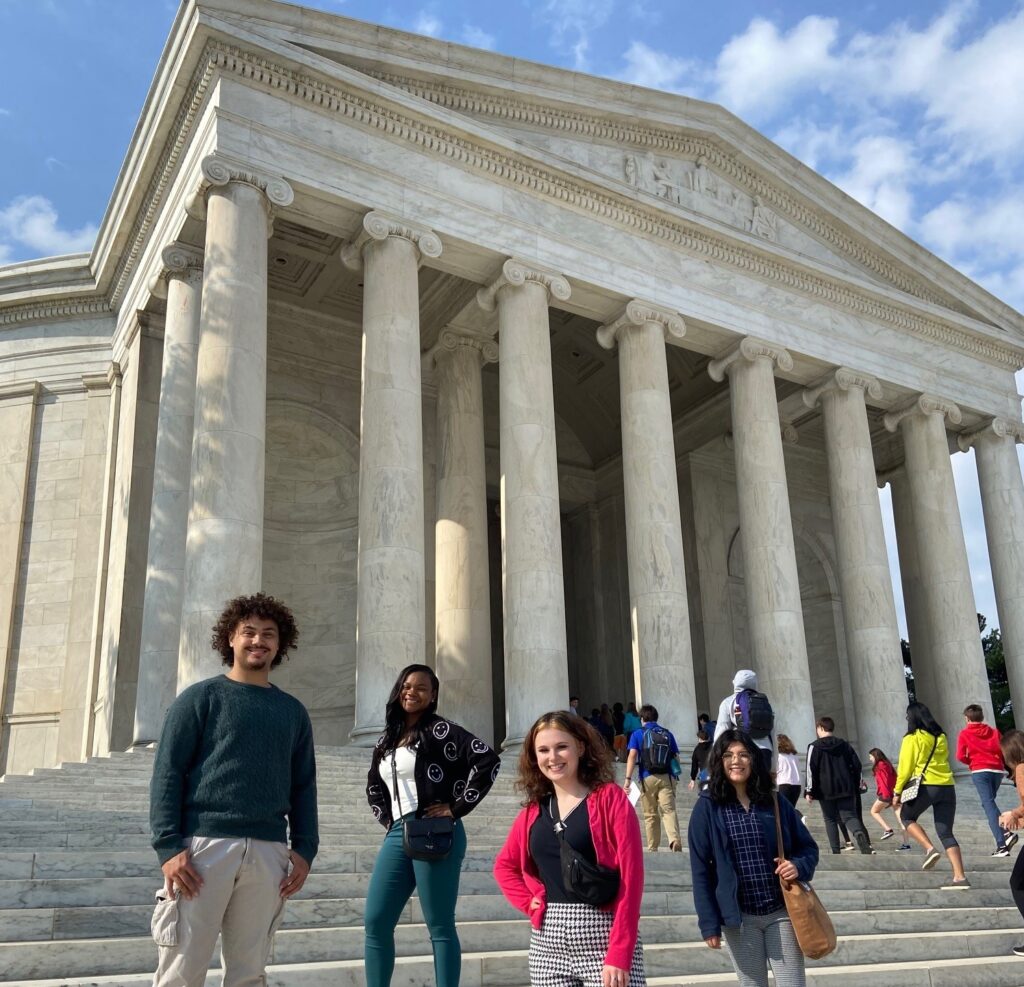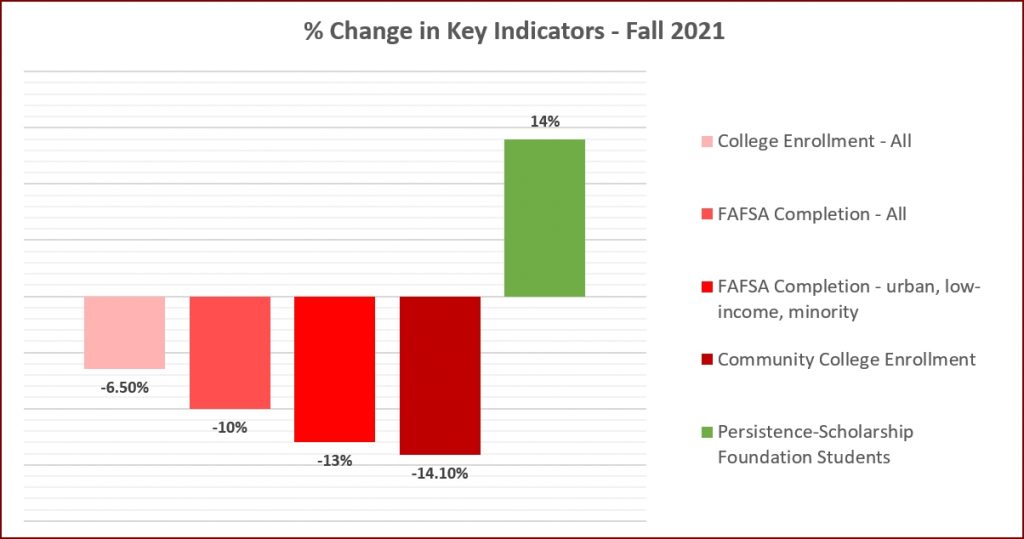
We need to be paying attention, at The Scholarship Foundation of St. Louis and everywhere else that inequity is a threat and democracy is endangered. And I don’t think it hyperbole to suggest that is everywhere else.
National numbers on higher education are telling us what we already know. Yes, money does matter, whether it is money vested in a family with wealth or a school termed “elite”. While COVID has changed many things, it has not disrupted the power dynamic associated with wealth.
What we now see, more clearly than ever, is that the relationships students have with their peers, teachers, and counselors in high school and with organizations like ours matter perhaps as much as money. Those relationships require constant tending, as students develop during their high school years and transition to college and adulthood. Students we might think are headed to college in fall, 2022 will have endured three school years of isolated learning and fractured relationships. They are suffering, none more so than those already pushed to the margins by racism or classism.
Consider these national proof points (references provided below):
- Across the U.S., college enrollments have dropped 6.5% since fall, 2019.
- Enrollment declines are greatest in public colleges, especially community colleges where the decline measures 14.1% since fall, 2019.
- FAFSA (Free Application for Federal Student Aid) completions are down 10% since last year at this time, with even greater declines of 13% in each of these sub-categories: urban high schools, high schools enrolling a high proportion of low-income students, and high schools in which a high proportion are among the racial and ethnic minority.
At The Scholarship Foundation, the aspiring students we are expecting to apply by April 15, 2022 were high school sophomores the last time we were in their school buildings, community centers, or physical presence. If they were engaged in their own learning and excited about furthering their education beyond high school BEFORE pandemic, the roller coaster of disjointed learning and distanced relationships may very well have quelled that urge.
Relationships require familiarity, trust, and time. Scholarship Foundation program staff know how to build relationships. In years gone by, high school students knew advisors, had seen them on “home turf” in the counseling office or hallways of their high schools, or presenting workshops to their families in schools and community partner organizations. Those students paid attention to our phone calls, showed up for meetings, and reached out for help. Contrary to the alarming national statistics reported in red above, persistence rates among Scholarship Foundation students who already had relationships with our staff before pandemic rose by 14% (from 80% in 2019 to 94% in 2021).
With this data and our mission squarely in focus, our staff is preparing to open the office and head back into the field in January, 2022 (with enhanced safety measures in place). We can’t afford to lose another class of new applicants to distance and disaffection. With our paired strategies of advising and awards, we can make money matter much less. The educational dreams (and data outcomes) of the next generation depend upon our doing so.
https://www.insidehighered.com/2021/09/15/new-federal-data-confirm-enrollment-declines
https://nscresearchcenter.org/stay-informed/
https://www.insidehighered.com/2021/10/26/college-enrollments-continue-drop-fall
https://formyourfuture.org/fafsa-tracker/
– Faith Sandler
